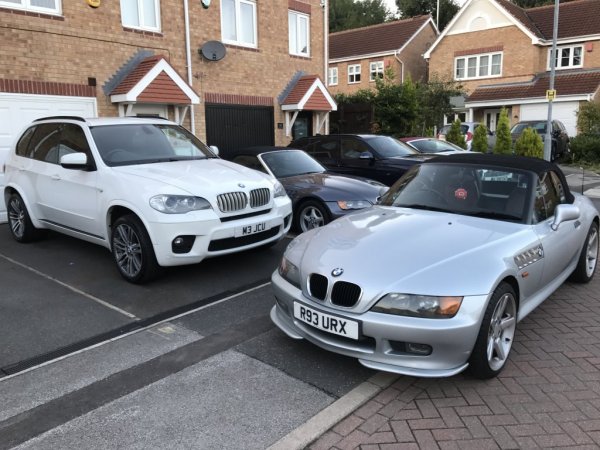From http://www.carbibles.com/fuel_engine_bible_pg3.html
OCTANE AND POWER
It's a common misconception amongst car enthusiasts that higher octane = more power. This is simply not true. The myth arose because of sportier vehicles requiring higher octane fuels. Without understanding why, a certain section of the car subculture decided that this was because higher octane petrol meant higher power.
The reality of the situation is a little different. Power is limited by the maximum amount of fuel-air mixture that can be jammed into the combustion chamber. Because high performance engines operate with high compression ratios they are more likely to suffer from detonation and so to compensate, they need a higher octane fuel to control the burn. So yes, sports cars do need high octane fuel, but it's not because the octane rating is somehow giving more power. It's because it's required
because the engine develops more power because of its design.
There is a direct correlation between the compression ratio of an engine and its fuel octane requirements. The following table is a rough guide to octane values per engine compression ratio for a carburettor engine without engine management. For modern fuel-injected cars with advanced engine management systems, these values are lowered by about 5 to 7 points.
Compression ratio Octane
5:1...............................72
6:1...............................81
7:1...............................87
8:1...............................92
9:1...............................96
10:1.............................100
11:1..............................104
12:1..............................108
 it's outrageous
it's outrageous
 Should say it pinks when perhaps I should have changed down a bit earlier
Should say it pinks when perhaps I should have changed down a bit earlier

